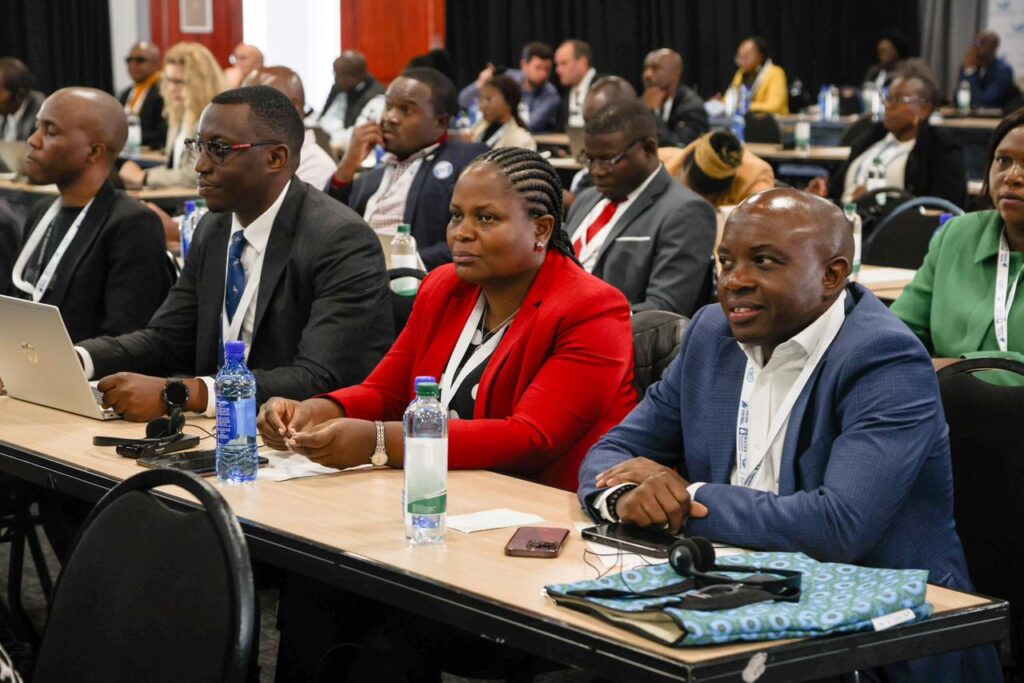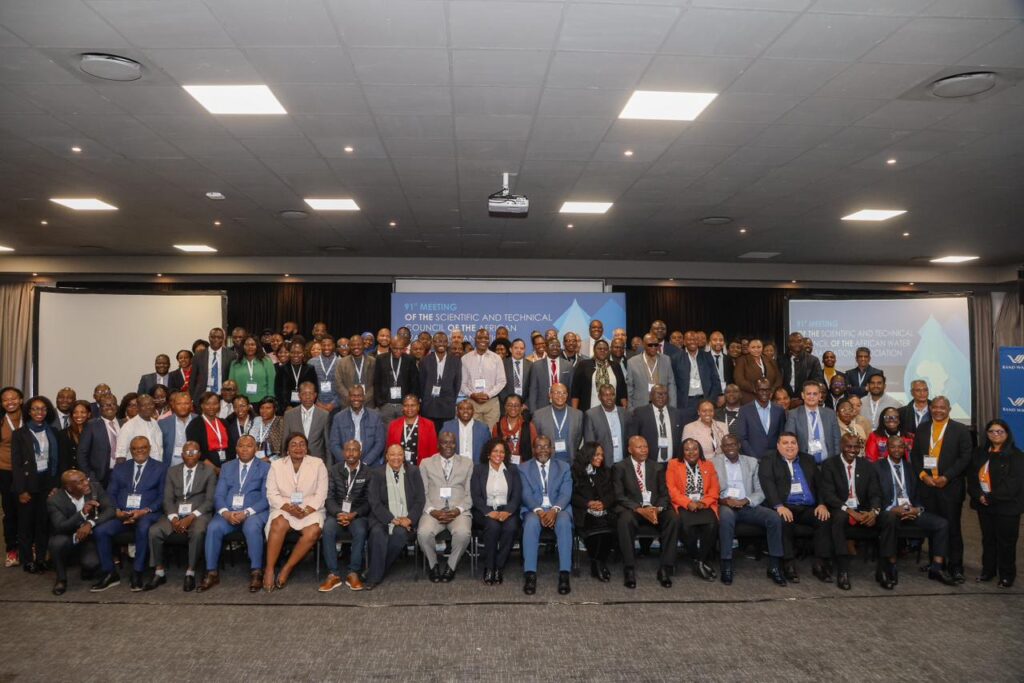
In a significant move to tackle the pressing water and sanitation challenges plaguing the African continent, the Africa Water and Sanitation Association (AfWASA) has undertaken a transformative initiative. The association has revamped its operational technical arm, establishing the Strategic and Technical Council (STC), which is tailored to the current dynamics of the water and sanitation sector.
Formerly known as the Scientific and Technical Council, the rebranded STC aims to achieve ambitious goals and improve the integration of development efforts on a Pan-African scale. The council has been assigned crucial responsibilities, including expanding memberships and implementing region-specific capacity-building programs. Moreover, it will play a pivotal role in knowledge sharing by publishing informative materials and scientific articles within the sector. Additionally, the STC will focus on diversifying partnerships and financial resources to bolster the organization’s reach and impact.
During a three-day council meeting in Johannesburg, AfWASA Executive Director Sylvain Usher introduced the new STC and outlined its structure. The council consists of two entities: the Strategic Council and Specialist Groups, which are task teams dedicated to specific areas of expertise. Eng Usher stated that while progress was already underway with the Specialist Groups, the complete operationalization of the STC is expected by the year’s end.
The Strategic Council’s committee, comprising 25 members, will oversee the coordination of AfWASA’s activities. The application process for the committee’s initial leaders, who will serve a two-year term from 2023 to 2025, was announced. The committee will encompass representatives from water and sanitation companies, local authorities, universities or research institutes, manufacturers or industrialists, regulators, service providers, non-governmental organizations, individual members, the Women African Professional network for Water and Sanitation, and the Young Water Professional network. Together, they will provide advice, support the strategic plan’s implementation, and foster the creation and activities of Specialist Groups and working groups.
Dr. Rose Christine Kaggwa, a Senior Director at Uganda’s National Water and Sewerage Corporation and the 2nd President of the AfWASA STC, emphasized the council’s focus on addressing critical challenges faced by the water and sanitation sector. Dr. Kaggwa expressed the association’s commitment to expanding its membership, aiming to increase it from hundreds to over a thousand in the coming years. She called upon industry stakeholders to ensure tangible results from the new council, emphasizing the right of every African to safe water and quality sanitation services.
Current statistics reveal the severity of the water and sanitation crisis in Africa, with millions of people lacking access to basic services. Dr. Kaggwa highlighted the need to quadruple efforts to achieve the Sustainable Development Goals (SDGs) by 2030. She also stressed the urgency of the situation, as climate change, pollution, and unsustainable consumption and production patterns are projected to exacerbate water scarcity issues. Despite population growth, access to sanitation and water services in sub-Saharan Africa has improved only minimally, leaving millions behind. Dr. Kaggwa emphasized that the STC, with its collective expertise, will identify and address these challenges.
The transformative steps taken by AFWASA through the establishment of the Strategic and Technical Council (STC) represent a watershed moment for the water and sanitation sector in Africa. With a focus on integration, knowledge sharing, and expanded partnerships, the STC seeks to address critical challenges and provide real impact on the ground. As the continent faces the daunting statistics of insufficient access to safe water, sanitation, and hygiene, the STC’s concerted efforts and vision for change aim to create a future where no one is left behind. The reinvention and transformation of AFWASA are crucial steps towards achieving this noble goal.



